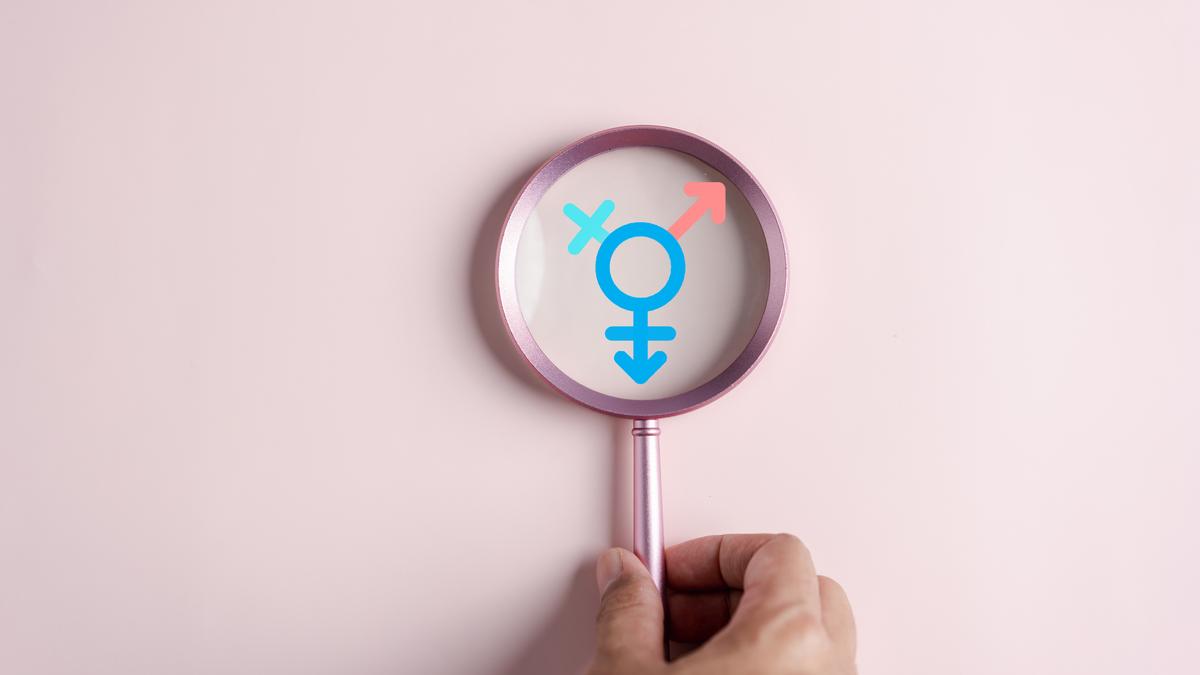
Being ‘trans’ is being human Premium
The Hindu
It is trans-sceptics, not transpersons, who are fragmenting the integral human self
Last year, at a closed door tribunal, I met several very young transpersons from rural and urban working class communities. It was heartbreaking to see teenagers brutalised and evicted by family, surviving suicide attempts as well as persecution and violence on the streets. In the stormy debates on the ‘transgender question’, their voices remind me of what stakes are real.
This is not about western culture wars, or debates over sex, gender, or sports. It is about the rights of every human being to be recognised and respected as themselves; to never be asked to deny, disguise, or defend their self-hood in order to enjoy civil rights and equality.
Principles of human rights that are today established as universal, were once treated as ‘questions’, ‘problems’ and ‘debates’. The slavery question. The woman question/problem. The (N-word) question/problem. The suffrage question. The segregation question. The untouchability question. The inter-racial/inter-caste marriage question. The age of consent question. The homosexual question/problem. The Jewish question/problem. These are all titles of writings by some of the best-known historical figures in the world, as well as letters to editors. Bathroom segregation was rationalised as necessary to protect white women from predatory black men on the prowl; police raids on bathrooms to arrest gay men were rationalised to keep boys safe. ‘Bathroom bills’ to keep transwomen from raping women in toilets are following a tired old script.
It was a Nazi member of the International Olympic Committee who proposed a policy that “ladies taking part in the Games 1940 shall produce doctors’ certificates stating that they are women” — ironically, such a policy came into effect in 1948, after the Nazi defeat (at the London Games) — “Officials required female Olympians to submit an affidavit, signed by a doctor, certifying that they were women.”
What seemed to be legitimate ‘questions’ back then were in fact designed to deny civil rights. Today, it is only the far-right that seeks to make those questions “great again”, and unsurprisingly, it also derides trans rights. But it is ‘gender critical’ progressive intellectuals and activists who do what the openly bigoted far-right cannot: frame trans rights as a ‘question’ requiring reasonable debate. This allows trans rights activists to be accused of being an unreasonable mob that cancels critics through bullying and violence. Search the Internet though and one finds out that movements we celebrate today faced the same accusations. Having your realness ‘debated’ does make one angry. Black people, women, lesbians and gays were known to ‘riot’, smash windows, disrupt meetings, vandalise property, set buildings on fire, spit at the police and so on.
The gender-critical mantra is that ‘biological sex is real’. The corollary is that transgender identity is not real. Gender-critical progressives lobby for laws penalising or prohibiting the acceptance of trans personhood as real (by textbooks, toilets, schools, sports, hospitals). And the far-right works to enact such laws. In 2022-23, Republican members of the U.S. Congress introduced a Bill which, if passed, would prohibit federally-funded libraries and schools from keeping any material with information on sexual orientation, gender identity, or sex education. Predictably, these laws also penalise and prohibit the acceptance of homosexuality as real.
Social scientists cannot be agnostic on the ‘question’ of trans ‘existence’ but claim to offer an objective and dispassionate ‘explanation’ of the ‘emergence’ of transpersons as a symptom of political philosophy or ideology. ‘Emergence’ implies that being trans is a trend, here today, gone tomorrow. Existence is not an abstract debate. Human beings can enjoy their rights only if their identity is affirmed as ‘real’ in law, not ‘lifestyle’. To say that trans persons are free to dress as they wish as long as their trans-identity is denied in law is no different from saying people are free to be gay in private, but must not ‘flaunt their lifestyle’ by demanding the legal right to marry as heterosexuals do.













